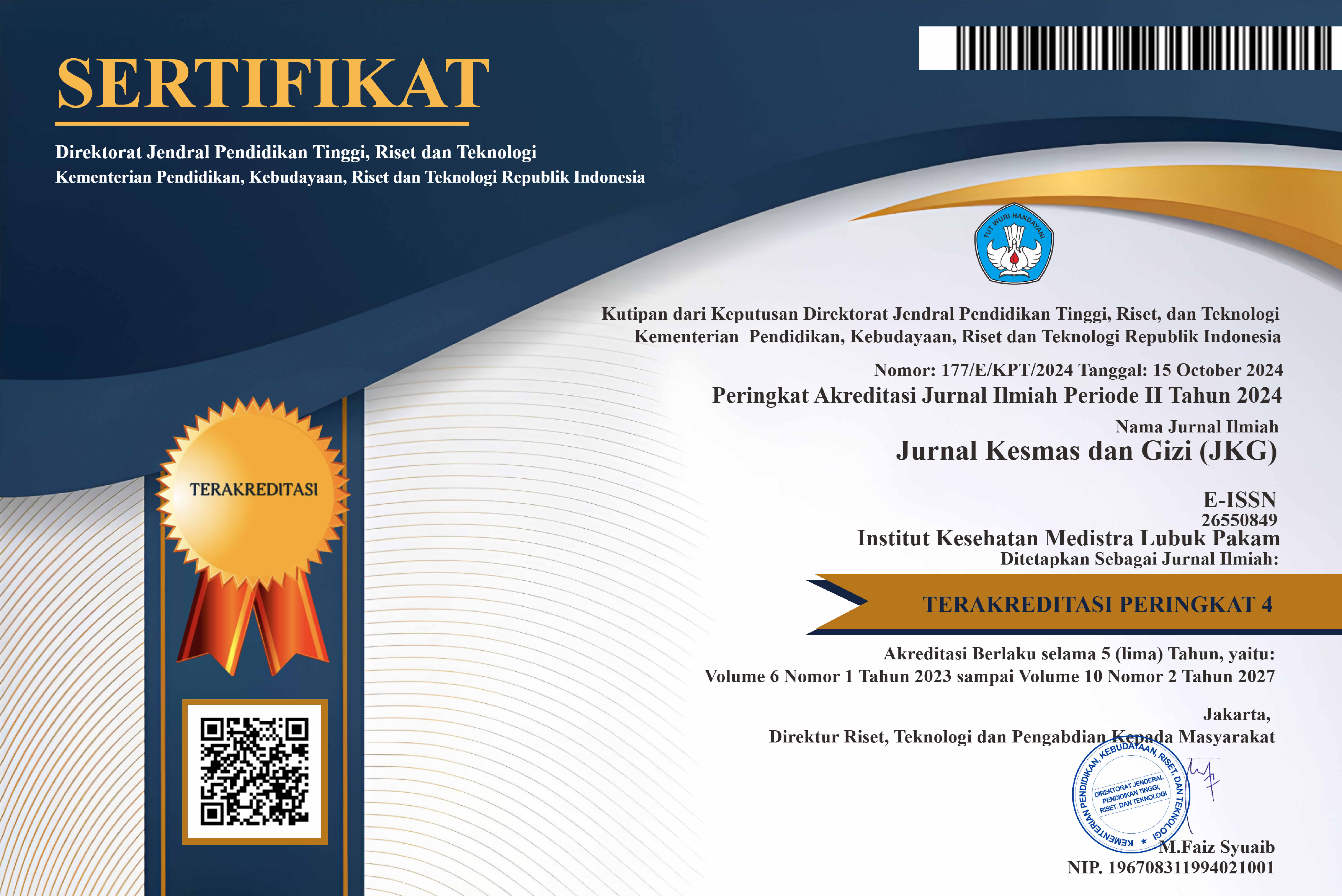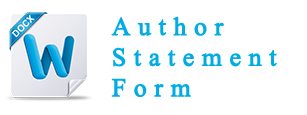QUALITY OF MOBILE JKN APLICATION TO INCREASE HEALTH SERVICES ACCESS FOR JKN PARTICIPANTS IN PANDEMIC COVID-19
DOI:
https://doi.org/10.35451/jkg.v5i1.1346Keywords:
Jaminan Kesehatan Nasional, Mobile JKNAbstract
The National Health Insurance Program (JKN) is a social security organized by the government aimed at all Indonesians. Currently, BPJS Kesehatan as the organizing body of the JKN program has made a technological innovation, namely mobile JKN which is intended for its participants. This application is expected to make it easier for JKN participants to change participant data and access health services. During the Covid-19 pandemic like now, technology such as mobile JKN is an innovation that is the mainstay of society to reduce direct social interaction. Researchers feel that the effectiveness of the JKN mobile application is important to evaluate, to see the extent to which this application can help and facilitate public access to health services.
This study used a qualitative method by conducting indepth interviews with 7 informants who were JKN participants and had used the JKN mobile application. Based on the results of the study, it can be stated that the JKN mobile application is very useful for JKN participants, especially during the Covid-19 pandemic. The use of the application is quite easy and has complete features. After the launch of the JKN mobile application, participants felt that the services received were more effective and efficient. However, there are still many features that have not been utilized by the public due to ignorance of the existence of these features.
Downloads
References
DeLone, W. H., & McLean, E. R. (2003). The DeLone and McLean model of information systems success: A ten-year update. Journal of Management Information Systems, 19(4), 9–30. https://doi.org/10.1080/07421222.2003.11045748
Juanita. (2019). Implementasi JKN dan Mutu Pelayanan Kesehatan di Puskesmas Kota Medan (Studi Kasus Di 3 Puskesmas). Jurnal Pembangunan Perkotaan, 7(1), 1–6.
Khotimah, N. (2022). Pengaruh Kualitas Sistem, Kualitas Layanan danKualitas Informasi Pada APlikasi Mobile JKN terhadap Kepuasan Peserta BPJS Kesehatan di Wilayah Jabodetabek. Jurnal Akuntansi Dan Manajemen Bisnis, 2(2), 69–76.
Kreps, G. L., & Neuhauser, L. (2010). New directions in E-Health Communication: Opportunities And challenges. Patient Education and Counseling, 78(3), 329–336. https://doi.org/10.1016/j.pec.2010.01.013
Nurmalasari, M., Temesvari, N. A., & Maula, S. N. (2020). Analisis Sentimen terhadap Opini Masyarakat dalam Penggunaan Mobile-JKN untuk Pelayanan BPJS Kesehatan Tahun 2019. Indonesian of Health Information Management Journal, 8(1), 2655–9129.
Oktapiani, R., & Riana, D. (2016). Kajian Model Kesuksesan Sistem Informasi DeLone & McLean Pada wifi.id Di KotaMadya Sukabumi. Swabumi, 4(2), 69–83. http://ejournal.bsi.ac.id/ejurnal/index.php/swabumi/article/view/1017/796
Sahama, T., Simpson, L., & Lane, B. (2013). Security and Privacy in eHealth : Is It Possible ? IEEE 15th International Conference on E-Health Networking, Applications and Services (Healthcom 2013), Healthcom, 249–253.
Suhadi, Jumakil, & Irma. (2022). Aplikasi Mobile JKN untuk Memudahkan Akses Pelayanan BPJS. Jurnal Penelitian Kesehatan SUara Forikes, 13(2), 262–267.
Wulandary, A., Sudarman, S., & Ikhsan. (2019). Inovasi Bpjs Kesehatan Dalam Pemberian Layanan Kepada Masyarakat : Aplikasi Mobile Jkn. Jurnal Public Policy, 5(2), 98. https://doi.org/10.35308/jpp.v5i2.1119
Downloads
Published
Issue
Section
License
Copyright in each article is the property of the Author.



























